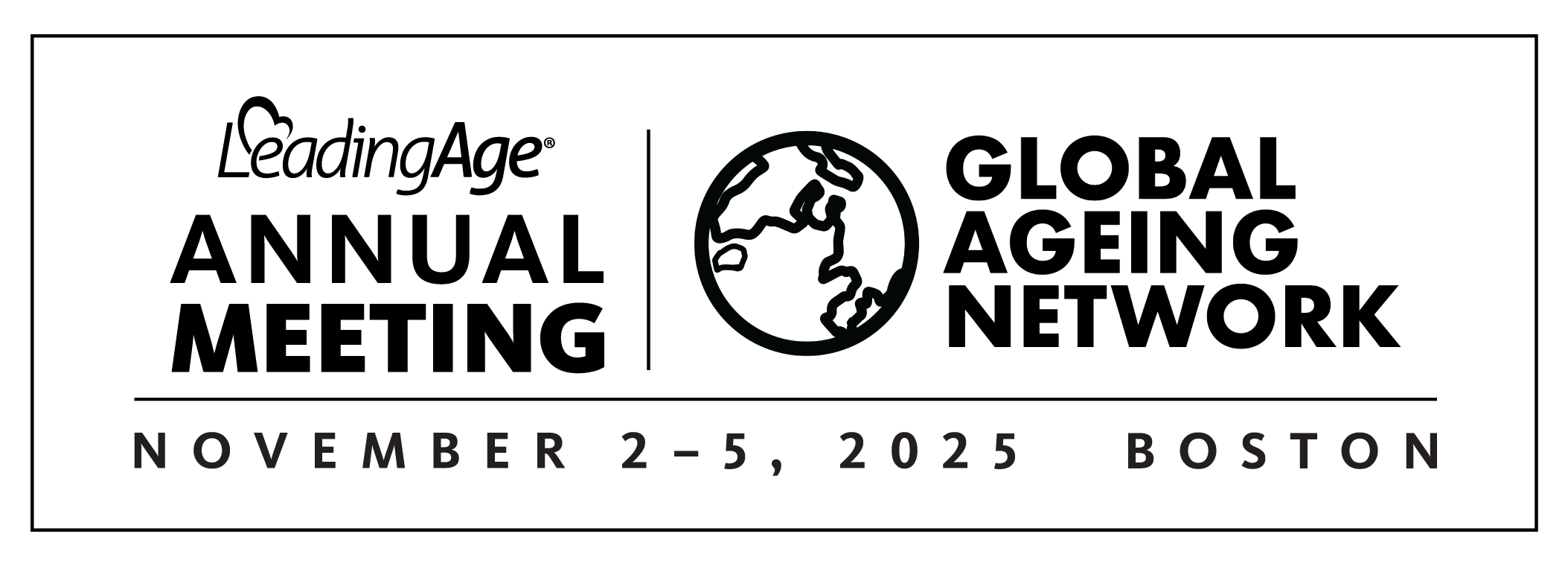To help with budget planning, we’ve provided preliminary 2022 registration categories and fees in the following chart, along with registration category descriptions noted below the chart. (all fees are per person)
| Registration Categories (see category descriptions below) |
Member Fees* (before Aug. 18) |
Member Fees* (after Aug. 18) |
Non-Member Fees |
|---|---|---|---|
| Full Provider (Sun-Wed) | $899 | $1,049 | $1,399 |
| Daily Provider (Fee per Day – Sun, Mon, Tues or Wed) | $499 | $599 | $849 |
| Full Business/Non-Exhibitor (Sun-Wed) | $1,699 | $1,849 | $1,999 |
| Daily Business/Non-Exhibitor (Fee per Day, Sun-Wed) | $899 | $1,049 | $1,199 |
| Exhibitor | See exhibitor registration categories/fees/CE credit eligibility on the Exhibitor page. | ||
| Student** | $29 | $29 | Membership included with student registration |
| Elder/Resident** | $119 | $119 | $119 |
| Family** | $349 | $349 | $349 |
| Family Plus Education** | $699 | $699 | $699 |
| Press** | $0 | $0 | $0 |
| EXPO-Only Daily Provider** (Fee per Day – Mon, Tues or Wed) | $0 | $0 | $0 |
*Member rates for attendees are applicable for LeadingAge national, Global Ageing Network, CHA, as well as Corporate Alliance Program (CAP) members.
**not eligible for CE credit



